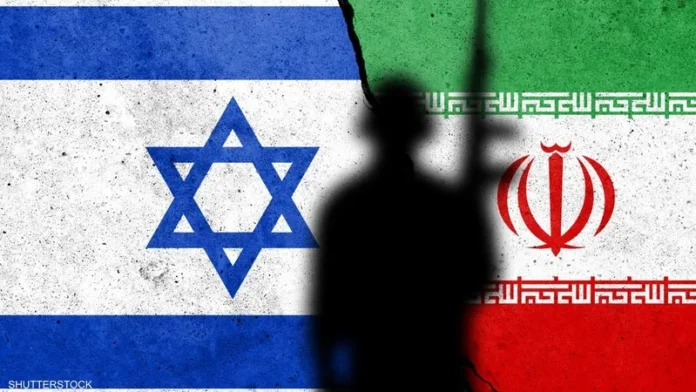In one of the most critical chapters of the intelligence conflict between Iran and Israel, Iranian Intelligence Minister Esmail Khatib dropped a political and security bombshell by announcing that his country had obtained highly sensitive strategic documents from inside Israel. These include information about nuclear facilities, political and military alliances, and details of Israel’s international relations.
More Than Espionage: A “Complex Intelligence Strike”
This Iranian revelation goes beyond traditional espionage operations; it represents what could be described as a “complex strike” that hits the core of Israeli national security. This was not a mere cyber breach—it hints at a broad internal fracture within Israel’s security apparatus that could disrupt the regional balance of deterrence.
Iran didn’t stop at the announcement—it also hinted at its intention to publish parts of the documents at a later stage. This suggests the operation may be just the beginning of an international wave of “informational blackmail.”
Who Leaked the Documents? Is Israel Compromised From Within?
The key question now: Could such documents have been extracted without a deep internal breach? Are we witnessing the outcome of a long-term recruitment of operatives within Israel’s security infrastructure?
This theory gained traction just days after two Israeli youths—Roy Mizrahi and Almog Atias—were arrested for allegedly spying for Tehran. They had been monitoring the movements of Israel’s Defense Minister. According to Iranian reports, the document leak occurred before the arrests, indicating that Israel only uncovered the breach too late.
Information as a Weapon: A New Form of Deterrence?
The intelligence war is no longer about who possesses greater military power—it’s about who can weaponize information, time its release, and manipulate its political impact. If the documents are proven authentic (which Tel Aviv has not denied so far), this could mark a shift in the nature of regional deterrence: from missiles to secrets, from direct confrontation to “informational exposure warfare” capable of delivering strategic shock without firing a bullet.
Reports from Foreign Policy and Haaretz had already warned of vulnerabilities in Israel’s cybersecurity infrastructure despite its technological prowess—especially given the growing reliance on “security contractors” and “private tech firms,” which creates more serious gaps.
The Regional Fallout: Is Morocco in the Crosshairs?
In such a sensitive context, Morocco cannot be considered separate from the unfolding scenario. Having signed normalization agreements with Israel under the Abraham Accords, Rabat now finds itself—albeit indirectly—within the web of competing interests and rising tensions between Tel Aviv and Tehran.
Could the leaked documents contain details about security or military cooperation between Israel and certain Arab countries? If so, might these revelations be used later to embarrass or even blackmail Israel’s regional allies?
This suggests that countries aligned with Israel may now face an intelligence challenge that transcends traditional calculations—possibly forcing them to reassess their level of security exposure or, at the very least, tighten internal surveillance.
Is Iran Setting the Stage for a Counterstrike—or a Different Kind of Nuclear Negotiation?
These developments cannot be detached from the broader context of Iran’s nuclear file. It is entirely possible that Tehran will use the documents as a pressure card in international negotiations—or even as a justification for launching “legitimate” retaliatory actions against Israeli interests abroad, leveraging the power of information to frame its actions in a favorable light before the global public.
This move comes amid earlier leaks revealing that the Trump administration had, at the last minute, halted an Israeli military strike on Iran’s nuclear facilities. This implies that the military option remains on the table—if currently postponed.
In Conclusion: Who Wins the Secret War? And Who Pays the Price?
We are witnessing a qualitative shift in modern warfare. The battleground is no longer defined by who owns the most advanced jets or the longest-range missiles—but by who can most effectively manage information, control its timing, and use it to destabilize the enemy from within.
The danger lies in how this “quiet war” may trigger ripple effects, impacting not just Israel but its entire network of alliances. Its partners—including Arab states—could become indirect targets in a conflict where no bullets are fired, but secrets fall like silk-wrapped threats and blackmail.


